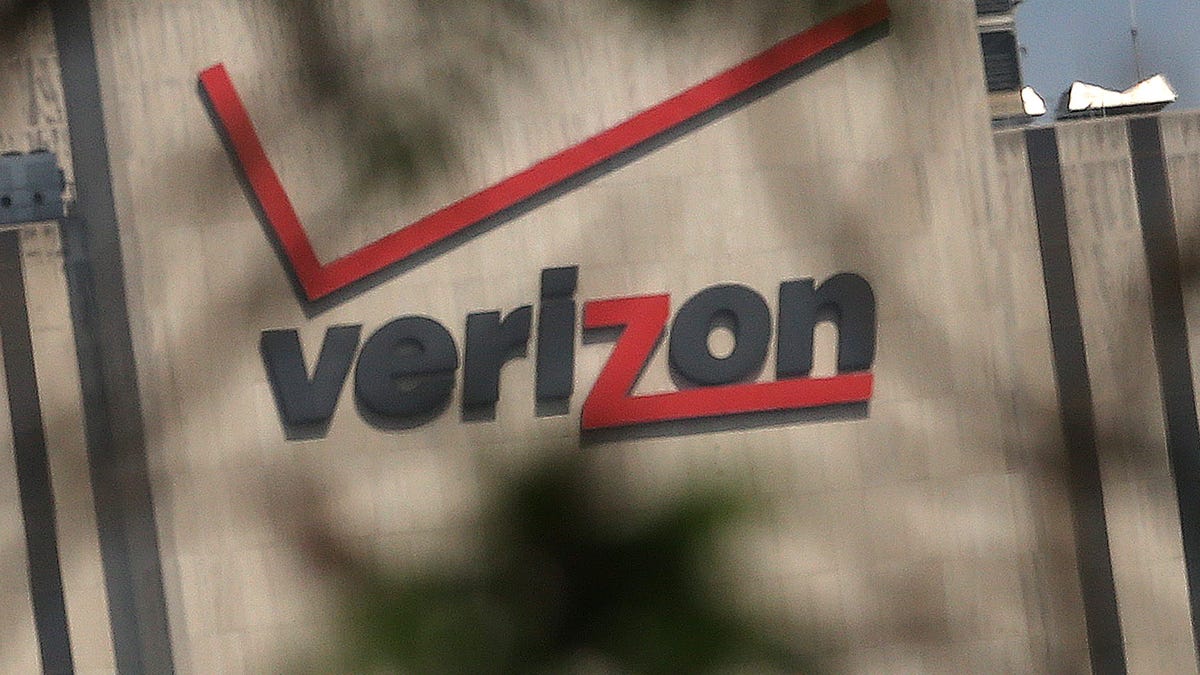For customers, Verizon strike will mean longer waits, more headaches
About 36,000 Verizon workers went on strike Wednesday amid contract disputes. That many workers walking off the job will likely hit customers soon.

Get ready to wait.
After 36,000 of Verizon's union workers went on strike Wednesday, some telecommunications experts say that as the strike drags on, service problems and delays for customers will start to crop up more and more.
"The longer it goes on, the more likely it gets that there will be disruption," said Jan Dawson, analyst at Jackdaw Research.
Strikers come from Verizon's Mid-Atlantic and Northeast wireline business, which offers landline phone, high-speed Internet and television services. These union workers handle network maintenance, home installation and troubleshooting, and customer service calls. With tens of thousands of these employees walking out, Dawson expects customers will start to experience days-long delays for installation jobs, service outages lasting longer and hold music playing a few more tunes at call centers.
It's also possible that service issues will bleed into other parts of Verizon's business, such as Verizon Wireless, as workers are stretched across the company.
Verizon has dealt with major strikes before, including one in 2011, pictured here, that lasted about two weeks.
The labor dispute comes at a time when Verizon, which has 177,700 total employees, has been trying to shrink its slow-growing wireline business to respond to changing consumer habits. People don't use landline phones as often, instead opting for smartphones, and many are cutting back on paid TV, instead moving to Netflix or Hulu. Verizon is instead more focused on its strong Verizon Wireless business, which is the biggest wireless provider in the country.
At issue for strikers is a series of sticking points between the unions and Verizon, with the company pushing to consolidate some call centers and cut health care costs. The unions, the Communications Workers of America and the International Brotherhood of Electrical Workers, say Verizon is also trying to ramp up its reliance on cheaper outside contractors to finish certain jobs.
The unions argue that they're working to preserve good-paying American jobs, hitting on a key theme of the ongoing presidential campaign. Looking to support this position, Democratic candidate Bernie Sanders joined striking Verizon workers in Brooklyn on Wednesday. Verizon CEO Lowell McAdam charged that Sanders was taking a simplistic view of what was happening.
"Nostalgia for the rotary phone era won't save American jobs, any more than ignoring the global forces reshaping the auto industry saved the Detroit automakers," McAdam said in a LinkedIn post.
While Verizon has been negotiating a new contract with the two unions since June, it's also spent months preparing for a possible strike. The company has trained thousands of nonunion workers to take over wireline jobs during the strike. However, Verizon spokesman Rich Young offered a cautious view on losing so many workers all at once.
"Will this temporary workforce be able to fully handle day-to-day operations from day 1? We're trying," he said in an emailed statement.
He noted that service has already been harmed, with the company having to cancel new installations for its Fios high-speed Internet and TV service for one to two weeks. That gap may shrink, Young added, as nonunion teams get to work in their new jobs. Additionally, the number of outstanding complaints isn't significantly higher than on any regular day, Young said.
With Verizon using workers less experienced in these jobs, experts say, service calls should take longer to complete and finished jobs may not be done as well.
"From the consumer point of view, what it mean is if you have no problems with your phone service, you're not going to notice," said Jeff Kagan, a longtime telecommunications analyst. "But, if you have a service call, or an installation or anything that requires them to do some work, you're going to be out of luck for a while."
The Communications Workers of America claims some of these problems are already arising as Verizon slims down its wireline business, with some state regulators looking into complaints. Verizon sold off its wireline business in California, Texas and Florida to Frontier Communications last year for more than $10.5 billion.
Though Verizon has been through strikes before, the danger this time is that the wireline business faces much more competition. So an agreement with the union that results in higher prices for consumers will be much harder for Verizon to make, Kagan said.
"Verizon can't just raise rates, because they're going to lose more faster," he added, "and that's the rub."
That could mean customers may have to wait some time for a resolution too.

